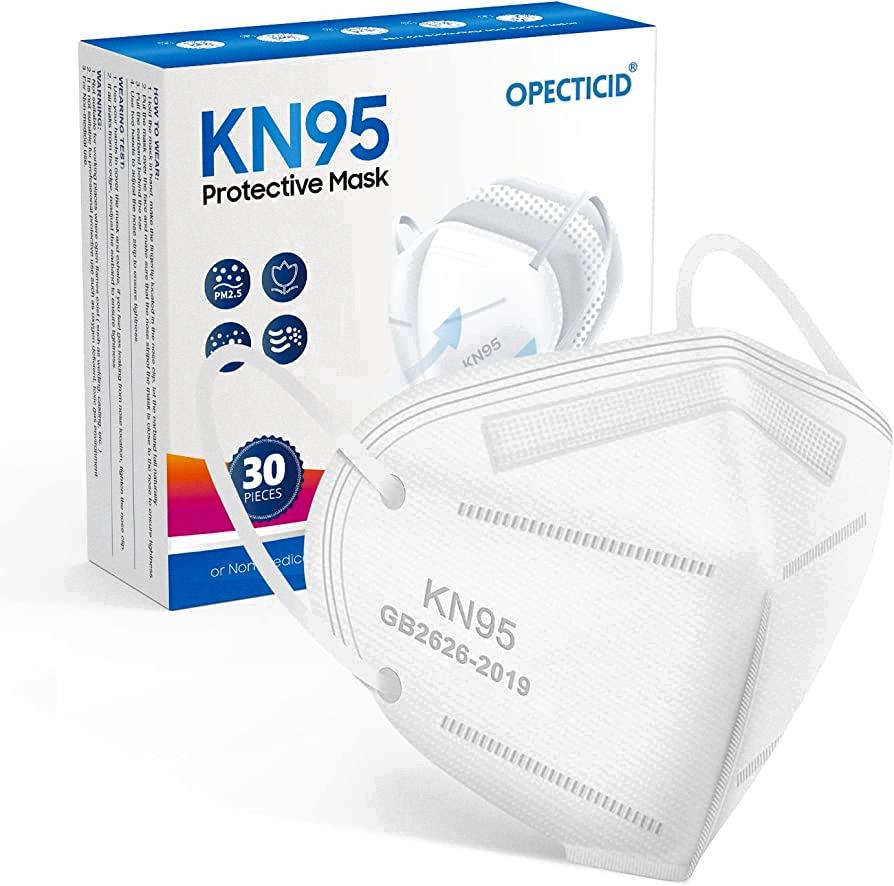Air pollution is a significant public health concern, and one of the most harmful pollutants is PM2.5. These microscopic particles, which are 2.5 microns in diameter or smaller, can penetrate deep into the lungs, causing respiratory illness and other health problems. As such, it’s essential to take steps to protect yourself from PM2.5 exposure.
One common method of protection is the use of air quality masks. Among the most popular and effective types are those that are rated N95, KN95, or FFP2. These masks are designed to filter out both PM2.5 particles and COVID-19 aerosols, making them ideal for use during the ongoing pandemic.
The “N95” label refers to the mask’s ability to filter out at least 95% of airborne particles larger than 0.3 microns. While PM2.5 particles are smaller than this, N95 masks are still effective at capturing a significant portion of them. In fact, research has shown that N95 masks can filter out up to 99% of PM2.5 particles.
In comparison, other types of masks, such as surgical masks and cloth masks, are less effective at filtering out PM2.5 particles. Surgical masks are designed to protect oters from the wearer’s respiratory droplets, rather than the other way around, while cloth masks vary widely in their effectiveness, depending on the materials and design.
While N95 masks are highly effective, they do have some drawbacks. For one, they can be uncomfortable to wear for long periods of time, particularly during physical activity. Additionally, they can be difficult to find, as demand for them has surged during the pandemic.
Another option for PM2.5 protection is the use of air purifiers, which filter out particles from the air. While not as portable as masks, air purifiers can provide more comprehensive protection in indoor environments, particularly for those with respiratory issues.
Protecting yourself from PM2.5 exposure is essential for maintaining good respiratory health. While N95 masks are highly effective at filtering out these harmful particles, they may not be the best option for everyone. Those who find them uncomfortable or difficult to obtain may want to consider other options, such as air purifiers, to supplement their protection. Ultimately, the best course of action will depend on individual circumstances and needs.
Does An N95 Protect Against PM2 5?
An N95 mask provides protection aganst PM2.5 particles. PM2.5 particles are tiny particles that are less than 2.5 micrometers in diameter and can penetrate deep into the lungs. N95 masks are designed to filter out at least 95% of airborne particles, including PM2.5 particles. The “N” in N95 stands for “non-oil,” which means that the mask is designed to filter out non-oil-based particles such as PM2.5 particles. The mask uses a combination of electrostatic attraction and mechanical filtration to capture particles. The electrostatic attraction helps to trap charged particles such as PM2.5 particles, while the mechanical filtration captures larger particles. an N95 mask is an effective way to protect against PM2.5 particles.

Do Face Masks Protect Against PM2 5?
Face masks can protect against PM2.5 particles, which are tiny airborne particles that can be harmful to human health. PM2.5 particles are found in pollution, smoke, and dust. Face masks that are labeled as N95 are designed to filter out at least 95% of airborne particles larger than 0.3 microns, which includes PM2.5 particles. These masks use special filters to capture these tiny particles and prevent them from being inhaled. In addition to N95 masks, there are also other types of masks that can povide some level of protection against PM2.5 particles, such as surgical masks and cloth masks. However, it is important to note that the effectiveness of these masks may vary and that proper usage and fit is important for maximum protection.
Conclusion
PM2.5 filters and N95 masks are both effective in filtering out harmful airborne particles, including PM2.5 and COVID-19 aerosols. PM2.5 filters are designed to be used with cloth masks and can provide an added layer of protection against pollutants in the air. However, when it comes to filtering out smaller particles, such as COVID-19 aerosols, N95 masks are the better option. The N95 mask is able to filter out at least 95% of airborne particles larger than 0.3 microns, making it highly effective in preventing the spread of COVID-19. it is important to choose a mask or filter that is appropriate for your specific neds and environment, and to always follow recommended guidelines for proper usage and disposal.
